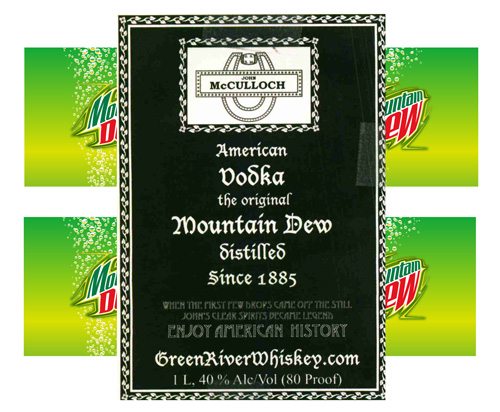Some of the Clown Shoes beer labels, such as Tramp Stamp and Lubrication, are leading to lots of controversy. This got us to reading about the graphic designer for both. While we reserve judgment about the labels at issue, the blog post by the label designer for Clown Shoes is so good and vigorous that we wanted to cover it here. The designer of the label on the left is Stacey George. She is based in Massachusetts, and she talks about the issues in a July 6, 2011 post entitled “Sometimes, a Pipe is Just a Pipe.”
“Are Clown Shoes’ labels offensive?” Sure. Why not? Offensive is a subjective term. If you look at the labels and find yourself offended, there you go. Do you have the right to say so? Abso-friggin-lutely! Shout it from the highest mountain, or your Twitter account, or your brothers’ website, whatever your bullhorn is, use it, loud and proud. Here, let me loan you a sandwich board and a bell, you can be offended Town-Crier style, I got your back.
My labels for Clown Shoes—which were named Best Craft Beer Art of 2011 by PourCurator.com—are not illustrated with a sexist intent. For instance, a Tramp Stamp is a tattoo placed on the lower back of a woman to emphasize her sexuality. In Germany, they call it, Arschgeweih, meaning, “Ass Antlers.” Can you imagine if we had named a beer Ass Antlers!? We have nicknames for these tattoos because they have a purpose. The woman who has one is confident in her sexuality and she is enticing the viewer to appreciate her. A woman who is comfortable in her own skin and likes how she looks is a sexy woman. Sexy is not sexist. In fact, sexist is rarely sexy.
As a woman, and an artist, I have a hard time with [the] images being labeled chauvinistic. Chauvinism is an attitude of superiority over the opposite sex. I’m not designing women who are inferior, I’m designing women who celebrate who they are. So, who is bringing the inferiority? The viewer? The offended? It’s a complicated question.
Stacey George probably did not design the wine label on the right. But while we are appreciating Stacey’s work, and thinking about tramps, we wanted to include at least one more tramp-related label. Stamp du Tramp is bottled by Greg & Greg, Inc. of Sebastopol, California.






